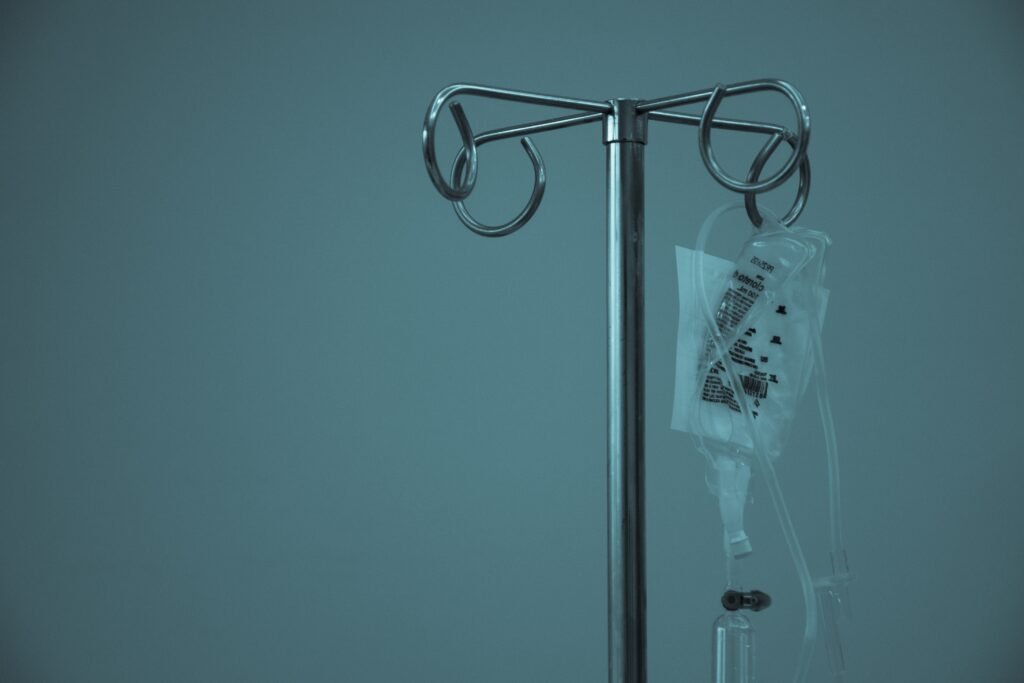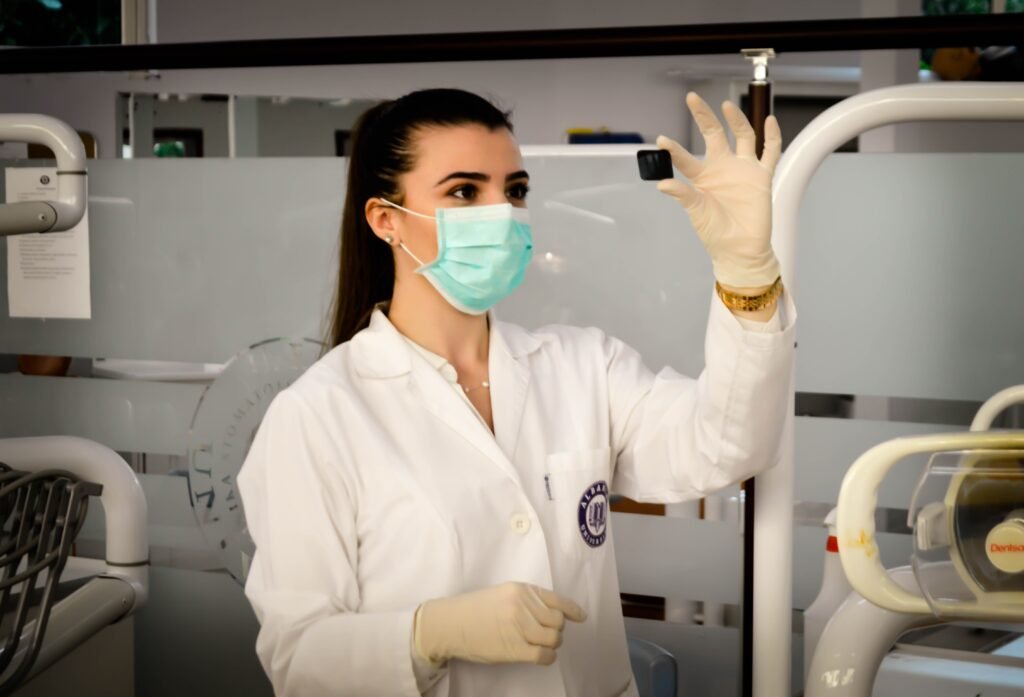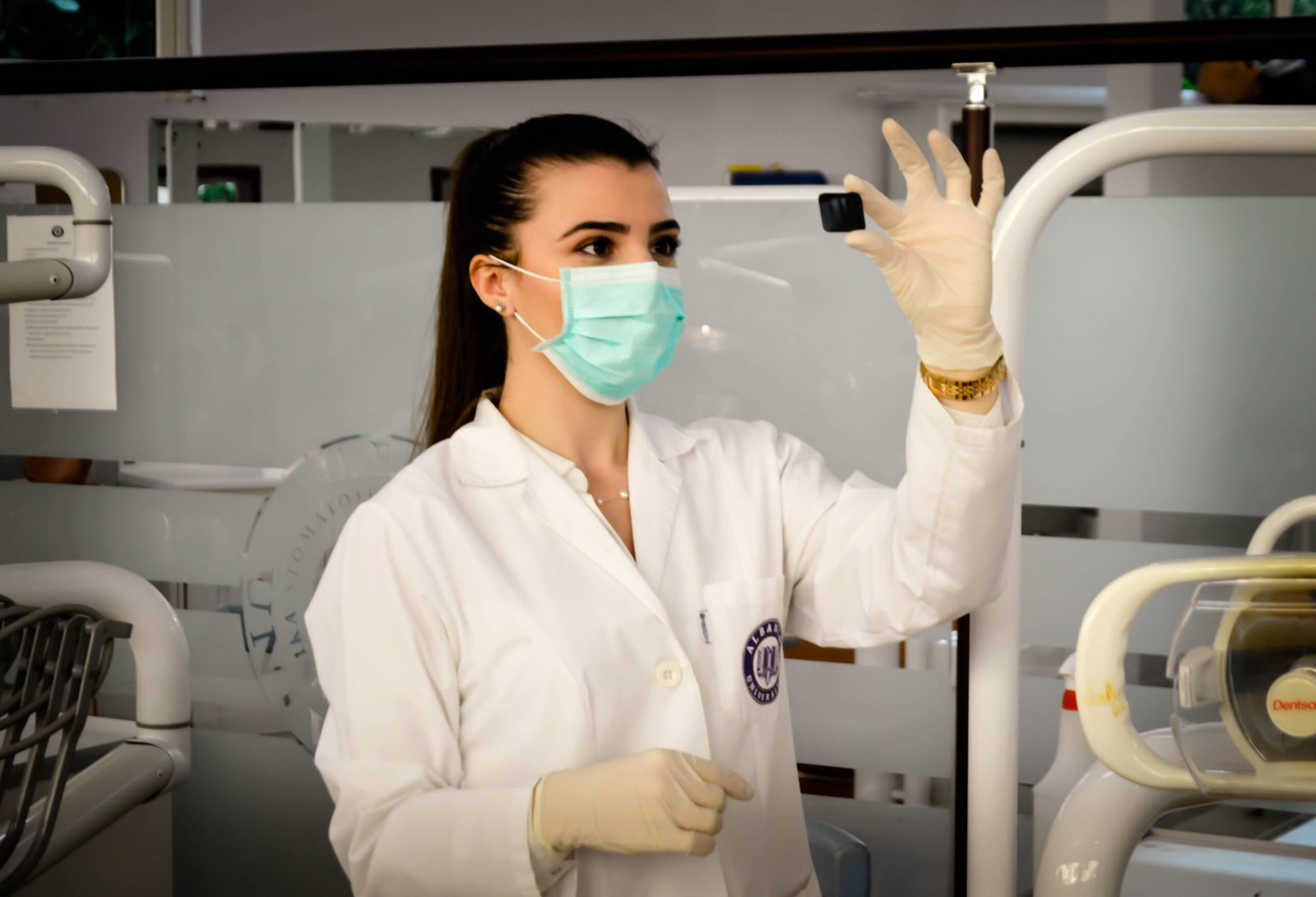Kidney stones can be a painful and extremely unpleasant experience, but did you know that making certain lifestyle choices can help you prevent them? In this article, we will explore the key habits and changes you can make to live a kidney stone-free life. From staying hydrated to adopting a healthy diet, you’ll discover practical tips that can have a significant impact on your kidney health. So, if you’re ready to take control and prioritize your well-being, keep reading to learn how you can make positive lifestyle choices for kidney stone-free living.
Dietary Choices
Hydration
Hydration is a key aspect of maintaining kidney stone-free living. When you drink an adequate amount of fluids, it helps to dilute substances in your urine that can lead to the formation of kidney stones. The general recommendation is to aim for a daily fluid intake of around 2 to 3 liters, or about 8 to 12 cups. However, this can vary depending on factors such as climate, activity level, and overall health.
Calcium Intake
Contrary to popular belief, consuming adequate amounts of calcium is actually important in preventing kidney stone formation. Calcium binds to oxalate in the intestines, reducing the amount of oxalate that can be absorbed and excreted in the urine. It is recommended to obtain calcium from dietary sources rather than supplements, as excessive calcium supplementation may increase the risk of stone formation.
Sodium Consumption
High sodium intake can contribute to the development of kidney stones. Sodium can increase the amount of calcium in the urine, promoting the formation of stones. It is important to monitor your sodium intake and try to limit it to less than 2,300 milligrams per day. This can be achieved by reducing your consumption of processed and packaged foods, as they tend to be high in sodium.
Oxalate-Rich Foods
Oxalate is a compound found in certain foods that can increase the risk of kidney stone formation. Foods such as spinach, rhubarb, beets, nuts, and chocolate are known to be high in oxalate. While it is not necessary to completely avoid these foods, it is advisable to consume them in moderation and ensure that they are part of a well-balanced diet.
Protein Intake
Consuming excessive amounts of animal protein, such as meat, fish, and poultry, can increase the levels of uric acid and calcium in the urine, leading to stone formation. It is important to maintain a moderate protein intake and consider incorporating plant-based protein sources, such as beans, lentils, and tofu, into your diet.
Vitamin C Intake
Vitamin C is an essential nutrient that is vital for our overall health. However, excessive intake of vitamin C in the form of supplements has been associated with an increased risk of kidney stone formation. It is generally recommended to obtain vitamin C from natural food sources, such as citrus fruits, strawberries, and bell peppers, rather than relying solely on supplements.
Sugar and Artificial Sweeteners
Consuming high amounts of sugar can increase the levels of oxalate, uric acid, and calcium in the urine, promoting the formation of kidney stones. Additionally, artificial sweeteners, such as aspartame and sucralose, have been linked to an increased risk of stone formation. It is important to limit your intake of sugary foods and beverages, as well as opt for natural sweeteners like stevia or honey when needed.
Fluid Intake
Recommended Daily Fluid Intake
Adequate fluid intake is crucial for maintaining kidney stone-free living. The recommended daily fluid intake is around 2 to 3 liters, or about 8 to 12 cups. This can help in diluting substances in the urine and preventing the concentration of minerals that can lead to stone formation. It is important to note that the fluid requirements may vary depending on individual factors such as climate, activity level, and overall health.
Types of Fluids
While water is the best choice for staying hydrated, other fluids can also contribute to your daily fluid intake. These include unsweetened fruit juices, herbal teas, and low-fat milk. It is important to avoid excessive consumption of sugary or caffeinated beverages, as they can increase the risk of stone formation. Remember to listen to your body’s thirst cues and drink fluids throughout the day to maintain proper hydration.
Timing of Fluid Consumption
When it comes to preventing kidney stones, the timing of fluid consumption can play a role. It is recommended to spread your fluid intake evenly throughout the day, rather than consuming large amounts at once. This allows for a constant flow of urine and helps in flushing out potentially harmful substances from the kidneys. Additionally, it is important to stay hydrated during physical activity or when exposed to hot weather to prevent dehydration and stone formation.

This image is property of images.unsplash.com.
Physical Activity
Regular Exercise
Regular physical activity is not only beneficial for your overall health but can also help in preventing kidney stones. Exercise promotes proper blood circulation and can help in reducing the risk of stone formation by improving kidney function. Aim for at least 150 minutes of moderate-intensity aerobic activity, such as brisk walking or cycling, per week.
Exercise Guidelines
When engaging in physical activity, it is important to follow certain guidelines to reduce the risk of kidney stone formation. Stay adequately hydrated before, during, and after exercise to maintain proper fluid balance. It is also important to warm up properly and gradually increase the intensity of your workouts to avoid strain on the kidneys. If you have any underlying health conditions, it is advisable to consult with a healthcare professional before starting a new exercise routine.
Types of Exercises
Incorporating a variety of exercises into your routine can be beneficial for kidney stone prevention. Aerobic exercises, such as jogging, swimming, or dancing, can improve cardiovascular health and promote healthy kidney function. Strength training exercises, such as weightlifting or resistance band workouts, can help in maintaining muscle mass and overall strength. Additionally, activities like yoga or Pilates can improve flexibility and promote relaxation.
Benefits of Physical Activity
Engaging in regular physical activity offers numerous benefits for kidney stone prevention. Exercise can help in maintaining a healthy weight, which is important as obesity is a risk factor for kidney stone formation. It can also improve digestion and gut health, reducing the absorption of oxalate in the intestines. Physical activity plays a crucial role in reducing stress levels, promoting mental well-being, and improving overall quality of life.
Stress Management
Impact of Stress on Kidney Stone Formation
Stress can have a significant impact on kidney stone formation. When the body is under stress, it releases certain hormones that can alter the balance of minerals and fluids in the kidneys, increasing the risk of stone formation. Chronic stress can also lead to unhealthy lifestyle choices, such as poor dietary habits and lack of physical activity, which further contribute to the formation of kidney stones.
Stress Reduction Techniques
Incorporating stress reduction techniques into your daily routine can help in preventing kidney stones. Deep breathing exercises, meditation, and mindfulness techniques can all help in promoting relaxation and reducing stress levels. Engaging in activities that you enjoy, such as reading, listening to music, or spending time in nature, can also be effective in managing stress and promoting overall well-being.
Meditation and Mindfulness
Meditation and mindfulness practices have been found to be particularly effective in managing stress and promoting kidney stone-free living. These techniques involve focusing your attention on the present moment, being aware of your thoughts and sensations, and cultivating a sense of calm and relaxation. Regular practice of meditation and mindfulness can help in reducing stress levels, improving sleep quality, and enhancing overall mental and physical health.

This image is property of images.unsplash.com.
Weight Management
Obesity and Kidney Stone Risk
Maintaining a healthy weight is crucial for preventing kidney stone formation. Obesity is a significant risk factor for kidney stones, as it can lead to increased levels of insulin and uric acid in the urine, as well as hormonal imbalances that can contribute to stone formation. Losing excess weight and maintaining a healthy BMI can significantly reduce the risk of developing kidney stones.
Healthy Weight Loss Strategies
If you are overweight or obese, adopting healthy weight loss strategies can help in preventing kidney stones. It is important to focus on gradual and sustainable weight loss, aiming for a loss of 1-2 pounds per week. This can be achieved through a combination of balanced diet and regular physical activity. Avoid crash diets or extreme calorie restriction, as these can lead to nutritional deficiencies and may increase the risk of stone formation.
Maintaining a Healthy Weight
Once you have achieved a healthy weight, it is important to maintain it in order to prevent kidney stones. This can be done by adopting a balanced and nutritious diet that is rich in fruits, vegetables, whole grains, and lean proteins. Regular physical activity should also be incorporated into your routine to help maintain a healthy weight and promote overall well-being. It is important to avoid weight cycling or yo-yo dieting, as this can increase the risk of stone formation.
Smoking and Alcohol Consumption
Effects of Smoking on Kidney Stones
Smoking not only negatively impacts your overall health, but it can also increase the risk of kidney stone formation. Smoking has been found to contribute to the development of calcium oxalate stones, as it can increase the levels of oxalate in the urine and decrease the production of citrate, a substance that helps prevent stone formation. Quitting smoking is essential for maintaining kidney stone-free living.
Alcohol and Kidney Stone Formation
Alcohol consumption can also have an impact on kidney stone formation. Excessive alcohol intake can lead to dehydration and increase the levels of uric acid and calcium in the urine, promoting stone formation. It is important to consume alcohol in moderation and ensure that you stay adequately hydrated when drinking. If you have a history of kidney stone formation, it may be advisable to limit or avoid alcohol altogether.
Reducing Smoking and Alcohol Consumption
Quitting smoking and reducing alcohol consumption are important steps in preventing kidney stones. Seek support from healthcare professionals, support groups, or counseling services to help you quit smoking and manage alcohol consumption. Developing coping strategies for stress and finding alternative activities or hobbies can also be helpful in breaking the cycle of smoking and alcohol dependence.

This image is property of images.unsplash.com.
Medication and Medical Conditions
Underlying Medical Conditions
Certain medical conditions can increase the risk of kidney stone formation. Conditions such as urinary tract infections, gout, hyperparathyroidism, and inflammatory bowel disease can all contribute to stone formation. It is important to manage these conditions effectively and work closely with healthcare professionals to prevent and treat kidney stones.
Prescription Medications
Some prescription medications may increase the risk of kidney stone formation. Diuretics, antacids containing calcium, and certain anti-seizure medications are examples of medications that can affect kidney stone formation. If you are taking any prescription medications, it is important to discuss with your healthcare provider about their potential impact on kidney stones and explore alternative options if necessary.
Over-the-Counter Supplements
Certain over-the-counter supplements, such as vitamin C or calcium supplements, may increase the risk of kidney stone formation when taken in excessive amounts. It is important to consult with a healthcare professional before starting any new supplements and to follow recommended dosage guidelines. Natural food sources are generally preferred over supplements to obtain necessary nutrients.
Screening and Monitoring
Regular Check-ups
Regular check-ups with your healthcare provider are important for assessing your overall health and monitoring kidney stone risk. During these check-ups, your provider may perform physical examinations, review your medical history, and order various tests to assess kidney function and evaluate any potential risk factors for stone formation. Early detection and intervention can help in preventing and managing kidney stones effectively.
Urine and Blood Tests
Urine and blood tests are commonly used to screen for kidney stone risk. These tests can help assess the levels of various minerals, such as calcium, oxalate, uric acid, and citrate, in the urine. Blood tests can also provide information about kidney function and identify any underlying medical conditions that may contribute to stone formation. Regular monitoring of urine and blood tests can help in detecting early signs of stone formation and guide preventive measures.
Imaging Techniques
Imaging techniques, such as ultrasound, CT scans, or X-rays, may be used to visualize the kidneys and urinary tract to detect the presence of kidney stones. These imaging methods can help in determining the size, location, and composition of the stones, which can guide treatment decisions. Depending on the frequency and severity of stone formation, your healthcare provider may recommend periodic imaging to monitor stone growth and assess the effectiveness of preventive strategies.
Preventive Measures
Prevention in Individuals with History of Kidney Stones
If you have a history of kidney stone formation, taking preventive measures is essential to reduce the risk of recurrence. This may include dietary modifications, such as reducing sodium and oxalate intake, increasing fluid intake, and maintaining a healthy weight. Your healthcare provider may also recommend certain medications or supplements to prevent stone formation based on your individual risk factors.
Preventing the First Stone
For individuals who have never experienced a kidney stone, adopting preventive strategies can help in reducing the risk of developing the first stone. This includes following a balanced diet that is low in sodium and oxalate, staying adequately hydrated, maintaining a healthy weight, and avoiding excessive consumption of sugary or alcoholic beverages. Regular check-ups and screenings can help in identifying any early signs of stone formation.
Preventive Strategies for Recurrent Stones
If you have a history of recurrent kidney stones, additional preventive strategies may be necessary. Your healthcare provider may recommend specific dietary modifications tailored to your stone composition and risk factors. Medications, such as thiazide diuretics or potassium citrate, may also be prescribed to help prevent stone formation. Lifestyle modifications, including adequate fluid intake and regular physical activity, should be implemented consistently to minimize the risk of recurrent stones.
Medical Intervention Options
In some cases, medical intervention may be necessary to treat existing kidney stones or prevent their formation. This may involve procedures such as lithotripsy, which uses sound waves to break up stones, or surgical removal of larger stones. Pharmacological treatments, such as medications to reduce stone formation or promote stone dissolution, may also be considered. Your healthcare provider will determine the most appropriate intervention based on the size, location, and composition of the stones, as well as your overall health.
Healthcare Professional Support
Consultation with a Urologist
If you have a history of kidney stones or are concerned about your risk, it is advisable to consult with a urologist. Urologists specialize in the diagnosis and management of kidney stones and can provide expert guidance on preventive measures, lifestyle modifications, and appropriate treatment options. Regular check-ups and open communication with your urologist are crucial for maintaining kidney stone-free living.
Nutritionist or Dietitian Assistance
Working closely with a nutritionist or dietitian can be beneficial in developing a personalized dietary plan for kidney stone prevention. These professionals can assess your dietary habits, identify potential risk factors, and provide guidance on appropriate nutrient intake, calorie control, and portion sizes. They can also offer practical tips and meal suggestions to help you incorporate healthy dietary choices into your lifestyle.
Support Groups and Counseling
Living with kidney stones can be challenging, and it is important to seek support from others who are going through similar experiences. Support groups or counseling services can provide a safe space to share your concerns, learn from others, and gain emotional support. These resources can also provide additional information and strategies for coping with the physical and emotional aspects of living with kidney stones. Remember that you are not alone, and there are healthcare professionals and support networks available to help you navigate through your kidney stone journey.

